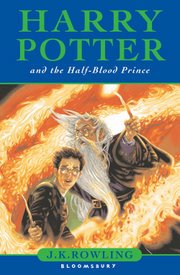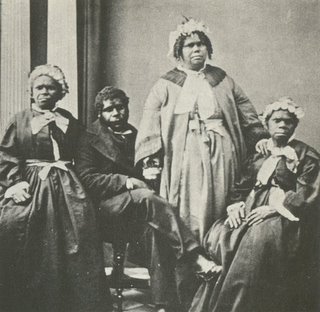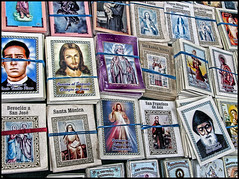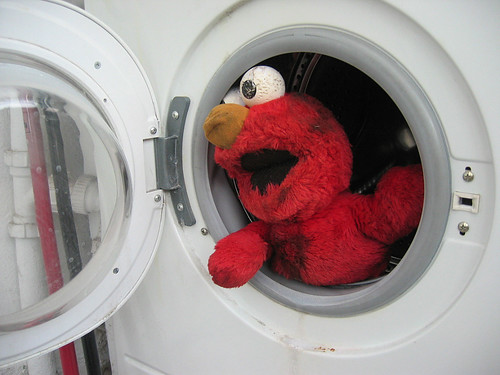
I've been reading the book of Job over the last couple of weeks. Finished it this morning.
The book of Job is a really long poem, with prose bits at the start and finish.
In the first prose bit, YHWH is talking to Satan about Job, and what a good person Job is. Satan says that Job is only a good person because he is filthy rich, rather healthy for his age and has a model family. So YHWH makes a bet with Satan, that if Satan takes away Job's wealth, health and children, Job will still be a good person.
The poem it basically Job asking why YHWH has let his children to be killed, and him to become poor and sick. His friends tell him that it must be because he's not really as good as everyone thought, or that perhaps YHWH doesn't even care what happens to insignificant human beings. One of Job's friends, Elihu, says,
Bear with me a little longer and I will show you
that there is more to be said in God's behalf.
I get my knowledge from afar;
I will ascribe justice to my Maker.
Be assured that my words are not false;
one perfect in knowledge is with you.
(Job 36:2-4)
Seems a lot like
hubris. Elihu seems to reckon that he is
absolutely right about
everything, which (from my experience) is just asking for trouble.
Eventually YHWH himself actually turns up. He doesn't really answer Job's questions, but asks Job about where he was when the world was created, and other tricky questions about how the world works. This is one of my favorite bits:
The wings of the ostrich flap joyfully,
but they cannot compare with the pinions and feathers of the stork.
She lays her eggs on the ground
and lets them warm in the sand,
unmindful that a foot may crush them,
that some wild animal may trample them.
She treats her young harshly, as if they were not hers;
she cares not that her labor was in vain,
for God did not endow her with wisdom
or give her a share of good sense.
Yet when she spreads her feathers to run,
she laughs at horse and rider.
(Job 39:13-18)
YHWH points out to Job and his friends the unlikeliness of an animal like the ostrich being sustainable. Perhaps YHWH is pointing out that he is involved with the world, refuting Job's friends' assertions that God is not interested in the problems of human beings?
In the end YHWH says that Job was right, and that he
didn't deserve what he endured.


 The
The 














